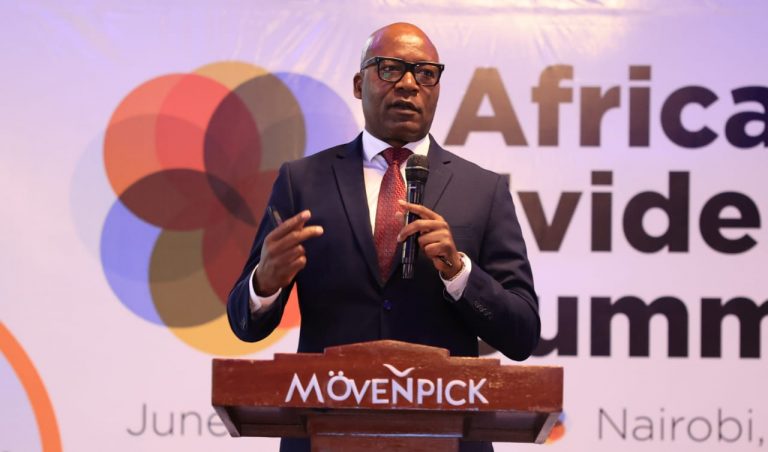Experts at the 11th Africa Evidence Summit on evidence-informed policy governance in Nairobi, urged the governments to use available evidence-informed policies to improve the lives of people.
According to experts, governments will begin setting the right development priorities, design cost-effective interventions, and enhance program implementation when using research evidence.
Speaking during the meeting, Dr Eliya Zulu,the
“Academic institutions are a valuable reservoir of innovation and knowledge as they research complex issues. However, due to various bottlenecks, the evidence they produce does not reach the tables of policymakers, who are often under pressure to make development decisions quickly. Bridging the gaps between research, policy, and practice can help policymakers access the latest research and insights to make better decisions and improve people’s lives,” said Dr Eliya Zulu, the founder and executive director of the African Institute of Development Policy.

“Practical, context-specific, and transparent causal research is instrumental to policymakers,” said Dr Amos Njuguna, Dean of the School of Graduate Studies, Research and Extension at the United States International University-Africa and a founding member of NIERA.
“A central component of CEGA’s approach to improving lives has been to advance the scholarship of African researchers and to collaborate on creating locally-led development solutions,” said Dr Edward Miguel, Faculty Co-Director of CEGA and Professor of Economics at UC Berkeley.
“I hope that the Summit can serve as a platform for African scholars to increase the impact of their research.”
Organized by the Network of Impact Evaluation Researchers in Africa (NIERA), an association of African scholars that advances decision-focused impact evaluation of development programs, and the Center for Effective Global Action (CEGA), a research hub at UC Berkeley that generates innovative evidence decision-makers use to reduce global poverty, this year’s Summit covered topics of paramount importance to African leaders, including health and resiliency, growth and inequality, and making evidence more inclusive and beneficial for policymakers.
